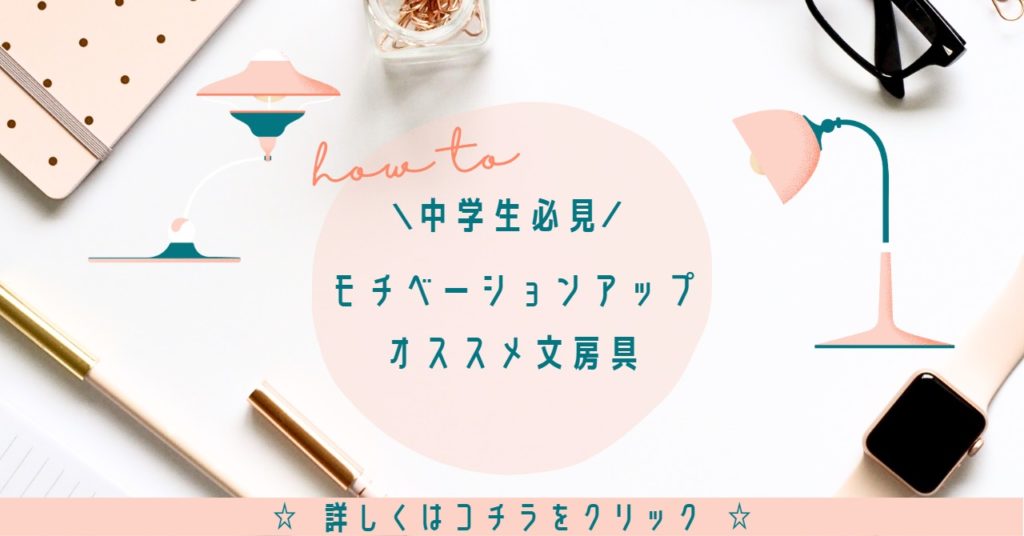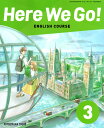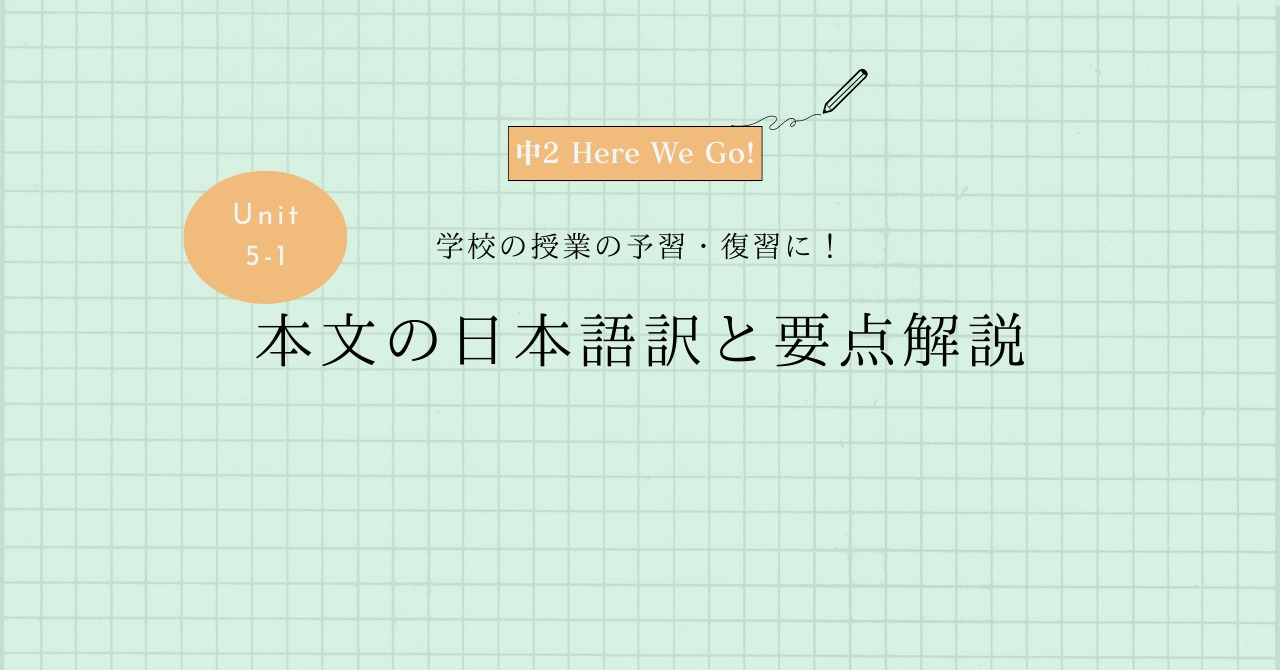光村図書 中学3年生 Here We Go! Unit3 Part4の本文の日本語訳と重要箇所の解説です。
Unit3-1,3-2,3-3の解説はこちらからご覧ください。
>中3Here We Go! Unit3 Part1 本文和訳
>中3Here We Go! Unit3 Part2 本文和訳
>中3Here We Go! Unit3 Part3 本文和訳
- Unit3 Part4 本文と日本語訳
- Unit3 Part4 重要事項の解説
- Peace can’t be built by words alone.
- I became a peace volunteer because of my daughter’s questions.
- I was born and brought up in Hiroshima, and I learned about the A-bombing at school.
- However, when my daughter asked me some questions about it, I found that I couldn’t answer in my own words.
- I decided to learn about the A-bombing of Hiroshima again.
- I wanted to pass down my own words to younger people, such as my daughter.
- So at first it was difficult for me to talk about the A-bombing without personal experience.
- Then one day I learned about Mr, Floyd Schmoe.
- But he thought of survivors and sensed their pain as his own.
- He collected money and came to help A-bomb survivors.
- His action became a big inspiration for me.
- I have been learning from him and acting as peace volunteer since then.
- I’d like to introduce his words to you –
- “Peace can’t be built by words alone. Action must be taken.”
- Unit3 Part4 まとめ
Unit3 Part4 本文と日本語訳
Peace can’t be built by words alone.
「平和は言葉だけではつくれない。」
I became a peace volunteer because of my daughter’s questions.
「私は娘の質問をきっかけに平和ボランティアになりました。」
I was born and brought up in Hiroshima, and I learned about the A-bombing at school.
「私は広島で生まれて育ち,学校で原爆について学びました。」
However, when my daughter asked me some questions about it, I found that I couldn’t answer in my own words.
「しかし,娘が私に原爆についての質問をいくつかしてきたとき,私は自分の言葉で答えられないことが分かりました。」
I decided to learn about the A-bombing of Hiroshima again.
「もう一度広島の原爆について学ぼうと決めました。」
I wanted to pass down my own words to younger people, such as my daughter.
「私は娘のようなより若い人たちに自分自身の言葉を伝えたかったのです。」
I am not an A-bomb survivor.
「私は原爆の生存者ではありません。」
So at first it was difficult for me to talk about the A-bombing without personal experience.
「だから最初は,個人的な体験なしで原爆について話すのは難しかったです。」
Then one day I learned about Mr, Floyd Schmoe.
「それからある日,フロイド・シュモ―さんについて学びました。」
He was an American, so he had no A-bomb experience.
「彼はアメリカ人なので,原爆の経験はありませんでした。」
But he thought of survivors and sensed their pain as his own.
「しかし彼は生存者のことを考え,彼らの苦しみを自分のことのように感じていました。」
He collected money and came to help A-bomb survivors.
「彼はお金を集めて,原爆の生存者を助けに来ました。」
His action became a big inspiration for me.
「彼の行動は私にとって大きな刺激になりました。」
I have been learning from him and acting as peace volunteer since then.
「それ以来,私は彼から学び続けていて,そして平和ボランティアとして行動し続けています。」
I’d like to introduce his words to you –
「あなたたちに彼の言葉を紹介させてください。」
“Peace can’t be built by words alone. Action must be taken.”
『平和は言葉だけではつくれない。行動を起こさなければならない。』

Unit3 Part4 重要事項の解説
Peace can’t be built by words alone.
この文では「受動態」が使われていますね。“build”は「建てる」という動詞ですが,今回は文脈に合わせて「つくる」としました。
“alone”は「ひとりで,~のみで」という副詞です。映画『ホームアローン』のアローンですね。
I became a peace volunteer because of my daughter’s questions.
“because of ~“は「~のおかげで,~が原因で」という重要表現です。理由や原因を表すので,訳し方は文に応じて変えてあげればOKです。“of”が前置詞なので,後ろには名詞が続きますよ!
ちなみに”because”は接続詞なので,後ろには名詞ではなく文を続けてあげます。
I was born and brought up in Hiroshima, and I learned about the A-bombing at school.
“be born”は「生まれる」という重要表現です。
“bring up”は「~を育てる」という意味で,今回は“was”と繋がって「受動態」になっているので「育てられた=育った」となります。
However, when my daughter asked me some questions about it, I found that I couldn’t answer in my own words.
“however”は「しかし」という意味の副詞になります。
同じ意味で“but”がありますが,こちらは接続詞なので品詞が異なります。“but”は“文A,but 文B”というように,2つの文を繋ぐ際に使います。
“文A. But 文B.”というように,“but”を文の先頭に置いて1文だけで完結させるのは原則NGとなります。
文法としては「接続詞のwhen,that」と「ask 人 もの」が使われていますね。
“found”は“find”の過去形で,基本的には「見つける」と訳しますが,接続詞の”that”とセットで「~だと分かる,気づく」といったニュアンスになることもあります。
“own”は「自身の」という形容詞です。「オウンゴール」のオウンですね。
I decided to learn about the A-bombing of Hiroshima again.
“decide to 動詞の原形”で「を決める」という重要表現です。
I wanted to pass down my own words to younger people, such as my daughter.
“pass down~”で「~を伝える,渡す」という意味です。“such as”は「~のような,例えば」という具体例を挙げるときに使う重要表現です。同じ意味で“for example”もありますね。
So at first it was difficult for me to talk about the A-bombing without personal experience.
この文では「It is ~ (for 人) to 動詞の原形」が使われていますね。
“without”は「~なしで」という重要な前置詞です。
Then one day I learned about Mr, Floyd Schmoe.
“then”は「そのとき,それから」といった意味で,文に合わせて訳は柔軟に変えてあげましょう。
“one day”は「ある日」です。かなり使うことが多いので覚えておきましょう。
But he thought of survivors and sensed their pain as his own.
“think of~”で「~について考える」という意味です。“of”の代わりに“about”でもOKです。
“sense”は「感じる」という動詞で,“pain”は「痛み」という名詞ですね。
“one’s own”で「~のもの」となり,今回は“pain”が省略されています。“as”は「~として」という重要な前置詞ですね。直訳すると「彼らの痛みを自分自身のもの(痛み)として感じた」となります。
He collected money and came to help A-bomb survivors.
“collect”は「を集める」という動詞ですね。“come to 動詞の原形”は「~するようになる」という意味もありますが,今回は「不定詞の副詞的用法」で使われています。
His action became a big inspiration for me.
“inspiration”は日本語でも時々使いますが,「刺激」という名詞です。動詞だと“inspire”となりますね。
I have been learning from him and acting as peace volunteer since then.
この文では「現在完了進行形」が使われていますね。“and”によって”learning”と”acting”が結ばれているので,どちらも「現在完了進行形」で訳してあげます。
“since then”は「それ以来」ですね。
I’d like to introduce his words to you –
“would like to 動詞の原形”で「~したい」という重要表現です。“want to 動詞の原形”に書き換え可能です。
“introduce”は「を紹介する」ですね。
“Peace can’t be built by words alone. Action must be taken.”
“Action must be taken.”では「受動態」が使われていますね。
“take action”で「行動を起こす」という意味になるので,直訳すると「行動は起こされなければならない=行動を起こさなければならない」となります。
Unit3 Part4 まとめ
以上がUnit3 Part4の日本語訳となります。
この単元では「It is ~ (for 人) to 動詞の原形」が登場しました。使い勝手のいい文法になるのでしっかり理解しておきましょう。
>中3Here We Go! Unit3 Part1 本文和訳
>中3Here We Go! Unit3 Part2 本文和訳
>中3Here We Go! Unit3 Part3 本文和訳
何か分からない点や他に解説してほしい点があれば,お気軽にコメントしてください!





コメント